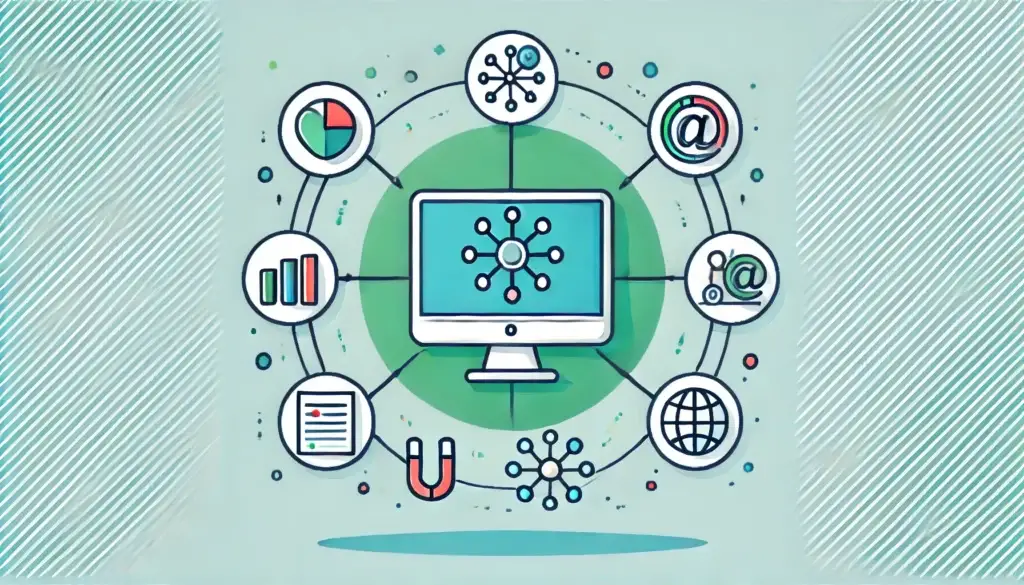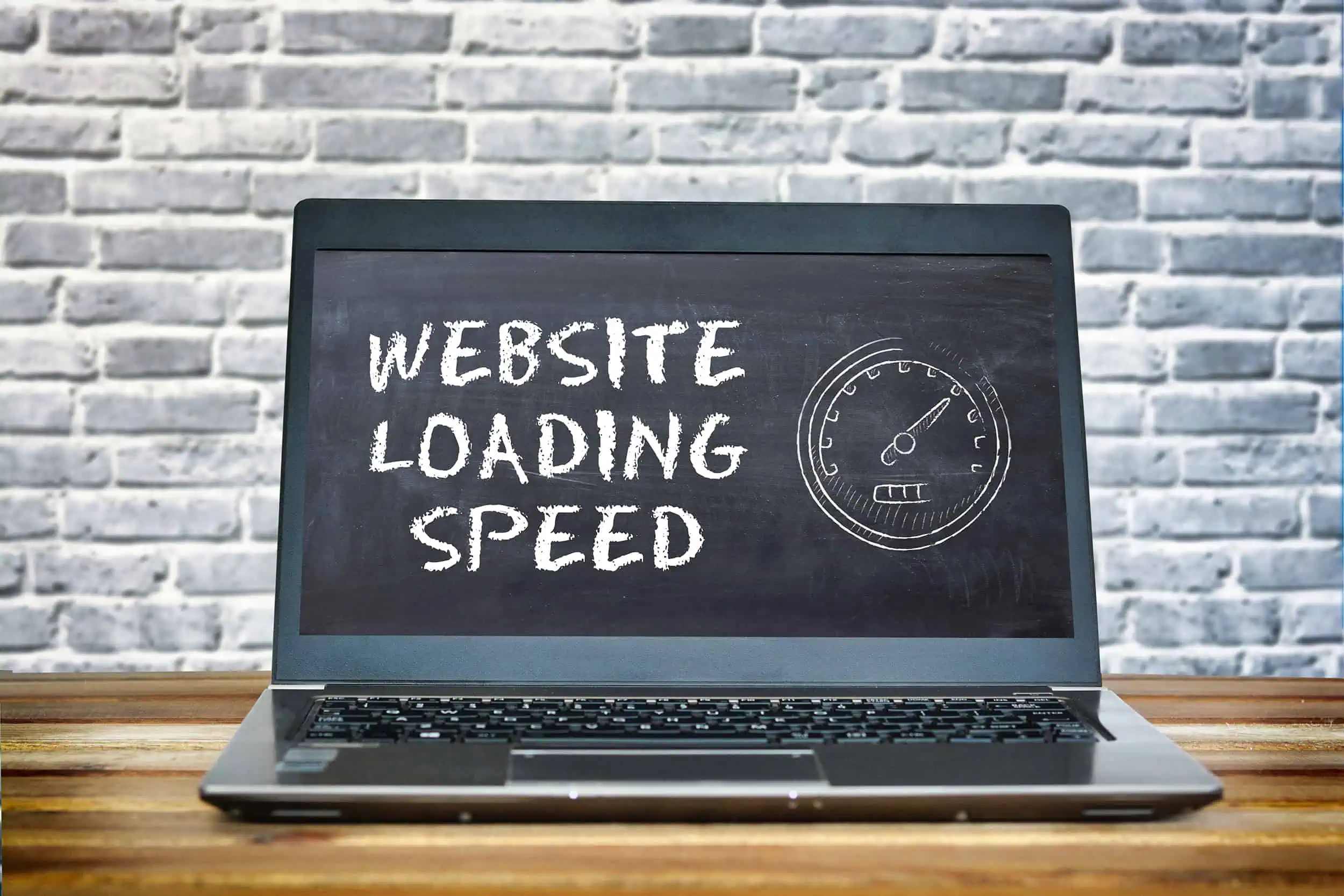In today’s digital-first world, businesses are under constant pressure to generate leads, nurture relationships, and convert prospects into loyal customers. Marketing teams are often overwhelmed with the need to keep up with these tasks, all while ensuring each customer receives a personalized, seamless experience. This is where marketing automation comes into play, a powerful tool that not only alleviates the burden on marketing teams but also drives business growth and improves customer experiences.
In this blog post, we’ll explore what marketing automation is, how it works, and why your business needs it to stay competitive in an increasingly complex marketplace.
What is Marketing Automation?
Marketing automation refers to the use of software and technology to automate repetitive marketing tasks and workflows, allowing businesses to streamline processes and deliver more personalized, timely, and effective communications to their audiences. It encompasses a wide range of activities, including email marketing, social media posting, lead generation, customer segmentation, and more.
At its core, marketing automation helps marketers reduce manual effort, increase efficiency, and ensure that the right message reaches the right person at the right time.
Key features of marketing automation software include:
- Email Marketing Automation: Automating email campaigns based on triggers such as customer actions or time-based intervals.
- Lead Scoring and Nurturing: Automatically segmenting leads based on their interactions with your business and nurturing them through personalized content.
- Campaign Management: Running multi-channel marketing campaigns, from email to social media, all within a single platform.
- Analytics and Reporting: Gathering data and insights on campaign performance to refine strategies and improve results over time.
- CRM Integration: Syncing with your customer relationship management (CRM) system to ensure all customer data is seamlessly shared across your team.
Marketing automation is more than just a time-saver—it enables a more intelligent approach to marketing that can significantly impact your bottom line.
How Does Marketing Automation Work?
Marketing automation works by setting up predefined rules and workflows that trigger specific actions based on customer behavior. These workflows can be as simple or as complex as you need, depending on the objectives of your marketing strategy.
Identify Customer Actions: The first step is understanding the actions that customers take. These could be anything from opening an email to visiting a product page on your website or even downloading an ebook.
Segment Your Audience: Based on the customer actions or demographics, you can segment your audience into distinct groups. For instance, prospects who downloaded an ebook might be considered potential leads, while those who filled out a contact form could be moved further down the sales funnel.
Set Triggers: Once a segment is defined, you can set up automated actions or workflows based on predefined triggers. For example, if a lead clicks on an email link, a follow-up email could automatically be sent to them with more detailed content or an offer.
Automate Engagement: With workflows in place, your marketing automation tool can start sending personalized messages to leads and customers. This could be in the form of email sequences, social media posts, or retargeting ads.
Measure and Optimize: Marketing automation tools provide real-time analytics, so you can track how well your campaigns are performing. This allows you to fine-tune your strategies over time, optimizing your efforts for better results.
Why Do You Need Marketing Automation?
Now that we’ve explored the basics of marketing automation, let’s dive into why your business should implement it. Whether you are a small startup or a large enterprise, marketing automation is essential to keeping up with the demands of modern marketing.
1. Improves Efficiency and Saves Time
One of the primary reasons companies adopt marketing automation is to save time. Rather than manually sending out individual emails, creating custom messages for each customer, or tracking leads on spreadsheets, marketing automation enables you to set up workflows that run automatically. Once the system is in place, you can focus on more strategic tasks, while the automation tool handles routine activities.
For example, if a customer signs up for your newsletter, your tool can automatically send them a welcome email, followed by a series of nurturing emails that gradually introduce them to your products or services.
2. Increases Personalization and Engagement
Today’s consumers expect personalized experiences. Generic mass marketing tactics no longer have the same impact they once did. Marketing automation allows you to send highly targeted and personalized messages based on customer behavior, demographics, and preferences.
For instance, a customer who browses a product on your website but doesn’t purchase can be automatically sent an email with a special offer or reminder about the item they viewed. Similarly, if a customer repeatedly visits your blog or downloads certain resources, your marketing automation software can push them relevant content tailored to their interests.
This level of personalization leads to more engaged customers who are more likely to convert and stay loyal.
3. Nurtures Leads and Increases Conversions
Not every lead is ready to make a purchase right away. Many leads need to be nurtured through consistent, relevant communication before they are ready to buy. Marketing automation allows you to create lead nurturing workflows that engage leads with relevant content at the right time, helping move them through the sales funnel.
For example, when a lead first interacts with your website, you can automatically send them educational content about your products or services. As they engage with more content, your system can progressively send them more personalized offers or promotions, leading to higher chances of conversion.
4. Enhances Data-Driven Decision Making
With marketing automation, you can collect a wealth of data on customer behaviors, campaign performance, and engagement rates. This data provides valuable insights that can guide your decision-making process, helping you understand what works, what doesn’t, and where there is room for improvement.
Analytics tools within marketing automation platforms allow you to track the effectiveness of different strategies, segmentations, and content. This means you can make more informed decisions and continually refine your marketing tactics for maximum results.
5. Improves Customer Retention
While attracting new customers is important, retaining existing ones is equally vital. Marketing automation can help nurture long-term relationships by providing ongoing, personalized communications. You can automate birthday emails, anniversary messages, loyalty program updates, and more—ensuring that your brand remains top of mind for your customers.
Furthermore, automation can trigger re-engagement campaigns for customers who haven’t interacted with your business in a while. For instance, sending a special discount to a dormant customer can encourage them to return and make another purchase.
6. Reduces Human Error
Manually managing marketing campaigns opens the door to mistakes—whether it’s sending an email to the wrong audience, failing to follow up with a lead, or forgetting a critical campaign deadline. Marketing automation reduces these risks by ensuring that workflows are carried out according to the rules you’ve set, with no human intervention required. This helps maintain consistency, accuracy, and timely delivery of marketing messages.
7. Scales Your Marketing Efforts
As your business grows, so too does the complexity of your marketing efforts. Marketing automation enables you to scale your campaigns without needing to significantly increase headcount. You can handle a larger volume of leads, prospects, and customers, while still delivering highly targeted and relevant content.
This scalability is particularly useful for businesses with a global customer base or those looking to expand into new markets. With automation, you can maintain consistent messaging across multiple channels, regions, and customer segments, all while saving time and resources.
Marketing Automation is a Must-Have
In an era where businesses are expected to deliver seamless, personalized, and timely customer experiences, marketing automation is no longer just a luxury—it’s a necessity. It enables you to run smarter, more efficient campaigns that drive higher engagement, boost conversions, and ultimately lead to business growth.
Whether you are a small business looking to level the playing field or a large enterprise aiming to optimize your marketing efforts, the benefits of marketing automation are undeniable. By investing in the right tools and strategies, you’ll not only streamline your processes but also create more meaningful connections with your customers, driving long-term success.
If you haven’t yet embraced marketing automation, now is the time to do so. Your customers—and your marketing team—will thank you for it.




